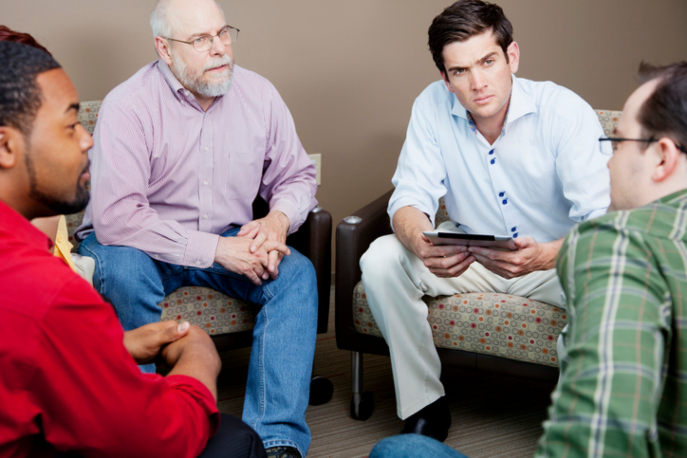In an opinion piece from The Independent, author Olivia Petter writes, “It’s not just ‘bad guys’ that do bad things. And believing that only makes ‘nice guys’ more of a threat, because you don’t see them coming.” As Petter explains, “nice guys” have been examined in the media in recent years and “are the ones that treat women with respect and call out sexism, unlike the ‘bad guys’ – think Gossip Girl’s Chuck Bass, or Mad Men’s Don Draper – who brazenly treat women like disposable playthings.”
“Nice guys” portray themselves as allies; they’re funny, charming, are often seen with diverse friends and they openly discuss injustices; however, their prejudice is manifested in ways that are so subtle, they can be easy to defend.
An example of the “nice guy” effect in recent media comes from Promising Young Woman. This 2020 film is about a woman seeking vengeance after trauma, and intentionally subverts the “nice guy” expectation and challenges the defense head-on. In the film, the protagonist, Cassie, feigns inebriation to lure “nice guys” – men who demonstrate care and offer to take her home to safety, but later try to take advantage of what they believe is her vulnerable state. Cassie then exacts revenge on these men who would have otherwise assaulted her.
Examples of “nice guy” behaviors from popular media may or may not be recognizable to our own environments, and recognizing examples of “nice guy” behaviors in the workplace is important. These may include telling dirty jokes or engaging in banter with sexually suggestive words or images. The “nice guy” also has iterations beyond romantic interpersonal engagements. Also, the“nice guy” can be anyone, not just a man or male-identifying person. It could be someone making harmful jokes about people’s identities and justifying their behavior by saying they have a lot of friends from diverse backgrounds. Like the “good guy defense,” people may be quick to defend the perceived “nice guy” due to their self-image. This is why it is essential to hold them (and everyone) accountable for their actions.
So, how can men be allies in the fight against sexual harassment, misconduct and abuse? First, they can initiate open and honest conversations – especially with other men – about healthy behaviors and relationships. This could also include making space for men to feel safe sharing about difficult experiences, including being a victim of sexual violence. Second, they can also be a more engaged bystander, speaking up against those inappropriate jokes or comments when they hear them. Finally, if they have caused harm, it is important that they acknowledge it and take action to educate themselves on how they can be part of the solution.
Together, we can work toward a better society that is safe, respectful, and free from sexual harassment, misconduct and abuse.
RALIANCE is a trusted adviser for organizations committed to building cultures that are safe, equitable, and respectful. RALIANCE offers unparalleled expertise in serving survivors of sexual harassment, misconduct, and abuse which drives our mission to help organizations across sectors create inclusive environments for all. For more information, please visit www.RALIANCE.org.

